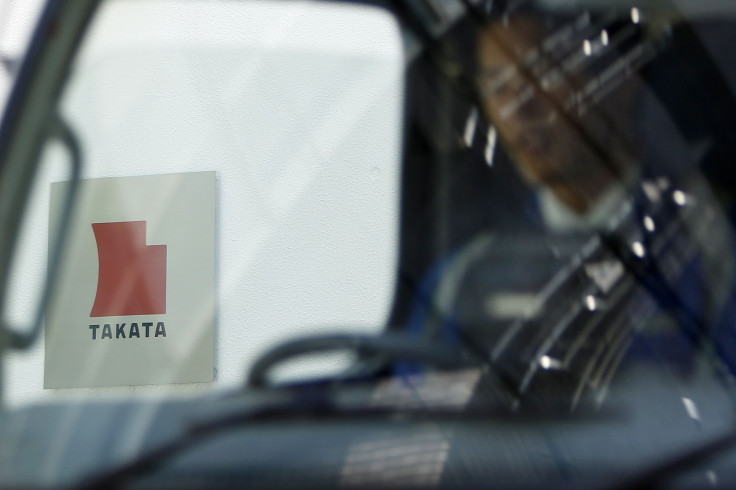Takata, Honda Face Lawsuit In California Over Air Bag Recall

Takata, a manufacturer of automotive safety components, and Honda Motors were sued by a driver in California over millions of vehicles that may have been fitted with defective air bags. In a complaint filed Thursday, the plaintiff sought damages on behalf of the owners of about five million Honda and Acura models that have been recalled till date in the U.S.
The person, who sued the two companies, a resident of Mililani, Hawaii, reportedly drives a 2004 Honda CRV, which was recalled earlier this month. The latest lawsuit was filed in a federal court in Los Angeles by Hagens Berman Sobol Shapiro LLP, a Seattle-based law firm, which was one of the plaintiff firms that helped U.S. consumers secure a class-action settlement worth $1.63 billion against Toyota Motors in July, Bloomberg reported.
“In 2004, a Takata air bag violently exploded in a Honda Accord, shooting out metal fragments and injuring the car’s driver,” according to the complaint, obtained by Bloomberg. “At a loss to explain the incident, Honda and Takata deemed it ‘an anomaly’ and did not issue a recall or seek the involvement of federal safety regulators.”
The defective air bags, made by Japan-based Takata, have reportedly been known to explode under great force and spray shrapnel at occupants, a problem that has reportedly caused four deaths and more than 30 injuries in the U.S.
Honda, which alone has recalled six million vehicles worldwide since 2008 because of the faulty Takata-made air bags, has reportedly acknowledged two deaths were related to the problem.
The air bags have so far triggered recalls of about eight million vehicles in the U.S, and companies such as General Motors and Toyota have warned people not to sit in front passenger seats until the problem, which has affected at least 10 automakers, is fully resolved, according to Bloomberg.
© Copyright IBTimes 2025. All rights reserved.





















